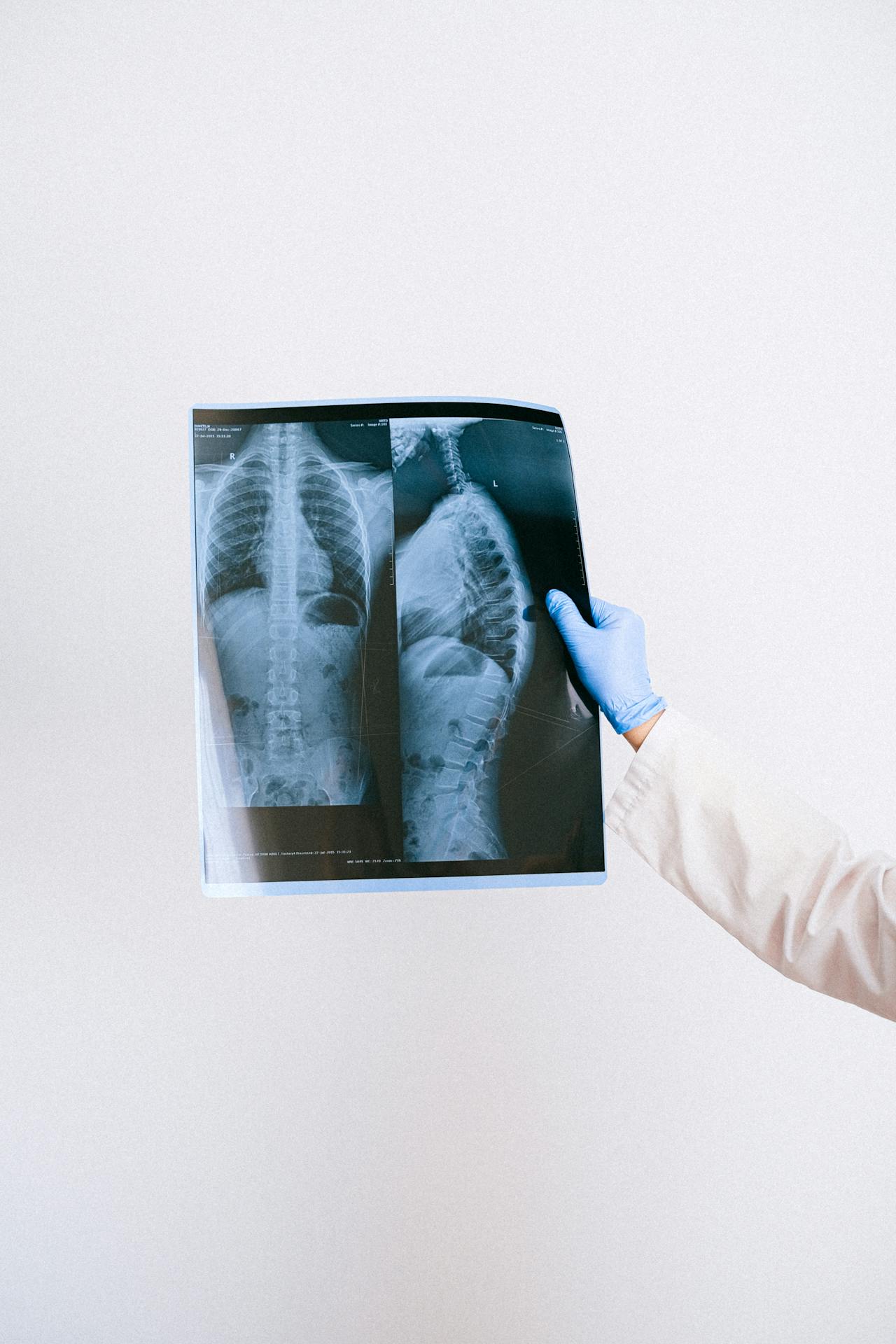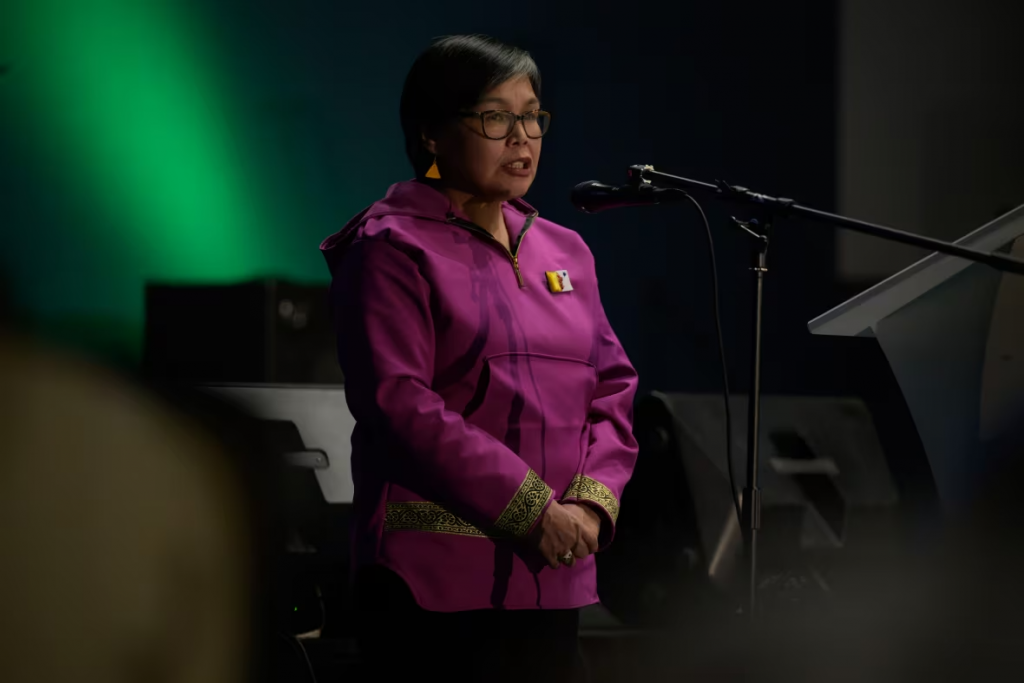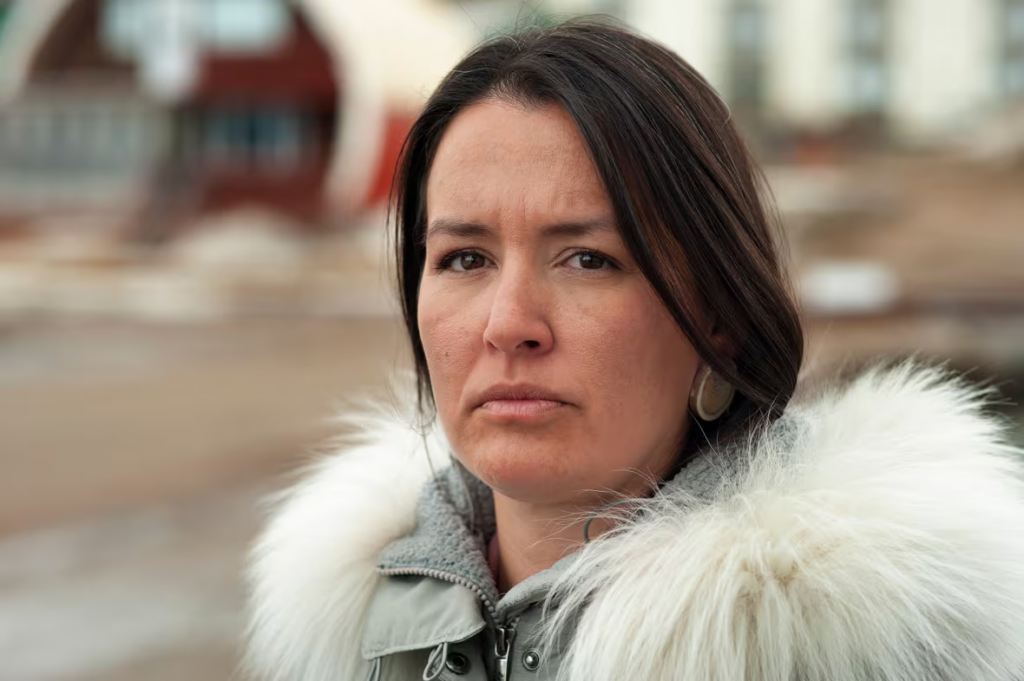Canada News
Inuit leaders disappointed with budget’s lack of money for tuberculosis elimination

A medical worker examines an X-ray of a patient’s lungs. (Pexels Photo)
· CBC News
Budget pledges $1.1B for First Nations and Inuit health but offers nothing on TB elimination specifically
Inuit leaders are concerned with the federal Liberal budget’s lack of new cash specifically earmarked for eliminating tuberculosis in Inuit regions by 2030.
Advocates say the spending plan was a missed opportunity on that front and a letdown that puts the Trudeau government at risk of breaking yet another reconciliation pledge.
“That is such a major disappointment,” said Lori Idlout, an Inuk lawyer and Nunavut’s New Democrat member of Parliament.
“It just goes to show that the Liberals will continue to break promises that they’ve made. They’re not going to reach the target of eliminating TB by 2030 if they’re going to discontinue funding.”
Tuberculosis is a deadly but treatable illness that is sometimes called a disease of poverty. While virtually eradicated among Canadian-born, non-Indigenous people, tuberculosis affects Inuit at disproportionately high rates.
In 2022, the rate of active tuberculosis among Inuit in Canada was 136.7 cases per 100,000 people, which was comparable to estimated rates in Ghana and Kyrgyzstan, according to Public Health Agency of Canada and World Health Organization data.

The Canadian government has acknowledged the high rate among Inuit reflects socioeconomic disparities like overcrowded housing, food insecurity and barriers to accessing health care that are linked to colonialism.
In 2018, national organization Inuit Tapiriit Kanatami (ITK) and the Liberal government jointly committed to eliminating the disease in Inuit regions by 2030 while halving rates by 2025.
With that clock ticking, ITK requested $131.6 million over seven years from budget 2024. After the budget was tabled last week, ITK President Natan Obed called it “sobering” to see no new money at all.
“This is a precedent-setting arrangement that the government of Canada freely entered into, and that’s why this means so much to Inuit,” Obed said.
“It also is a public health crisis. We still have over 300 times the rate of tuberculosis [compared to Canadian born, non-Indigenous people].”
Deadly outbreak in Naujaat
The budget was tabled as Canada’s chief public health officer was slated to tour a TB screening clinic in Naujaat, Nunavut, which has grappled with a deadly tuberculosis outbreak for nearly a year.
Dr. Theresa Tam also visited Pond Inlet and Iqaluit with officials from Nunavut Tunngavik Inc. (NTI) and the territory’s health minister.
For NTI CEO Kilikvak Karen Kabloona, it sent mixed signals for Ottawa to dispatch its top doctor on a mission to study tuberculosis on one hand while failing to deliver the resources Inuit say are needed on the other.
“It’s difficult to imagine how we will meet the target of eliminating tuberculosis by 2030 without financial resources,” Kabloona said.
“It is important the federal government has committed nurses, and there are a lot of good things happening right now. But we do need more money.”
$1.1B for health programs
NTI represents Inuit who are beneficiaries under the Nunavut Agreement, and Kabloona said the organization is pleased with the investments in health care, food security and housing, which she said will help bring the numbers down.
The Liberals pledged $1.1 billion over five years for First Nations and Inuit health programs, including non-insured health benefits, the construction and renovation of health facilities, the Nutrition North food subsidy and programs to battle food insecurity.
The budget did reference the $43.7 million already committed for tuberculosis eradication, but the specific spend Inuit leaders sought this year wasn’t there. NTI noted the budget fell short of what’s needed in several areas.

“There’s a missed opportunity to make meaningful progress on issues that are critically important to the future of Nunavut and the country,” Kabloona said.
Last month, in a statement on World Tuberculosis Day, ITK and the federal government pledged “to do all we can” to meet the elimination targets.
This raised expectations for the budget but Idlout said the federal government didn’t even come close to doing all it can, “and it really is so frustrating.”
“Pennies stopped being produced in 2013, yet when it comes to funding or investments for Indigenous Peoples, that’s what we’re being given — pennies,” she said.
‘The path of reconciliation’
In the House of Commons, Indigenous Services Minister Patty Hajdu rejected the contention that the budget shortchanges Indigenous people.
The budget proposes $52.9 billion in new spending overall over five years, of which more than $9 billion is for Indigenous Peoples. On Friday in question period, Hajdu framed that as a win for reconciliation.
“Budget 2024 dedicates over $9.5 billion to Indigenous priorities,” Hajdu told the House.
“A full 25 per cent of the budget goes toward Indigenous priorities in this country. We will continue on the path of reconciliation together.”
Idlout countered that Hajdu is “choosing to take a narrow perspective” on this.
National Indigenous organizations estimate the infrastructure gap facing their communities at more than $425 billion, a figure Hajdu’s department helped compile.
“She knows full well the extent of what the needs are: billions and billions of basic infrastructure needs,” Idlout said.
“Indigenous Peoples are not asking for extravagant items, they’re asking to have their basic needs met.”
This article is republished from RCI.





















